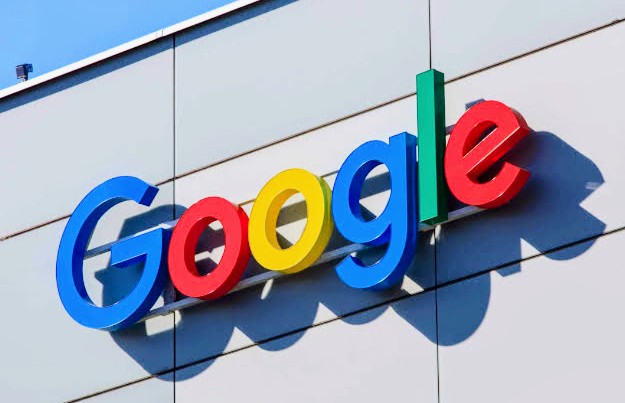AI-related patent: Google faces $1.67bn infringement claims
Alphabet’s Google has presented its case before a federal jury in a legal proceeding in Boston contesting allegations from a computer scientist, who asserts that Google should compensate his company with $1.67 billion for purported patent infringement.
The disputed patents are claimed to encompass the processors integral to the functioning of artificial intelligence technology within various Google products.
During the trial, Singular Computing’s lawyer, representing the company established by computer scientist Joseph Bates in Massachusetts, informed jurors that Google allegedly replicated Bates’ technology.
The lawyer, Kerry Timbers, argued that Google had engaged in multiple meetings with Bates, during which he shared his ideas aimed at addressing a fundamental challenge in AI development.
Timbers asserted that between 2010 and 2014, Joseph Bates shared his groundbreaking computer-processing innovations with Google. However, unbeknownst to Bates, the tech giant allegedly chose to copy his patented technology instead of opting for a licensing arrangement to create its own chips supporting artificial intelligence.
Bates’ innovations were built into Google’s Tensor Processing Units, used it to support AI features in Google Search, Gmail, Google Translate and other Google services, Kerry said.
Internal emails cited in the case show Google’s now-chief scientist, Jeff Dean, wrote to others about how Bates’ ideas could be “really well suited” for what Google was developing. Another employee in an email said they were “quite corrupted by Joe’s ideas.”
“This case is about something we all learned a long time ago: respect for others, don’t take what doesn’t belong to you, and give credit where credit is due,” Timbers told jurors in his opening statement.
Also Read: OpenAI, Microsoft sued for copyright infringement
In defense, Google’s lawyer, Robert Van Nest, contended that the individuals responsible for designing Google’s chips had never crossed paths with Bates and asserted that the design process occurred independently from the team involved with Bates’ innovations.
He called Bates a “a disappointed inventor” who had failed repeatedly to convince a myriad of companies including Meta Platforms, Microsoft, Amazon.com Inc and ChatGPT-creator OpenAI to use his technology. Van Nest said Bates’ technology used approximate math that can generate “incorrect” calculations.
“Google’s chips are fundamentally different, fundamentally different, than what is described in Singular’s patents,” Van Nest told the jury.
Before the trial commenced, Google had disclosed that Singular initially sought a substantial sum of up to $7 billion in damages for the alleged infringement of its two patents. However, during the trial, Timbers, representing Singular, specified a reduced but still substantial claim, arguing that Google should be liable for $1.67 billion.
Google launched its processing units in 2016 for AI applications such as speech recognition, content generation, and ad recommendation. Singular claims that the subsequent versions, introduced in 2017 and 2018, infringe upon its patent rights.
On Tuesday, a U.S. appeals court in Washington deliberated on Google’s appeal from the U.S. Patent and Trademark Office, debating the validity of Singular’s patents in a distinct case.


Comments are closed.